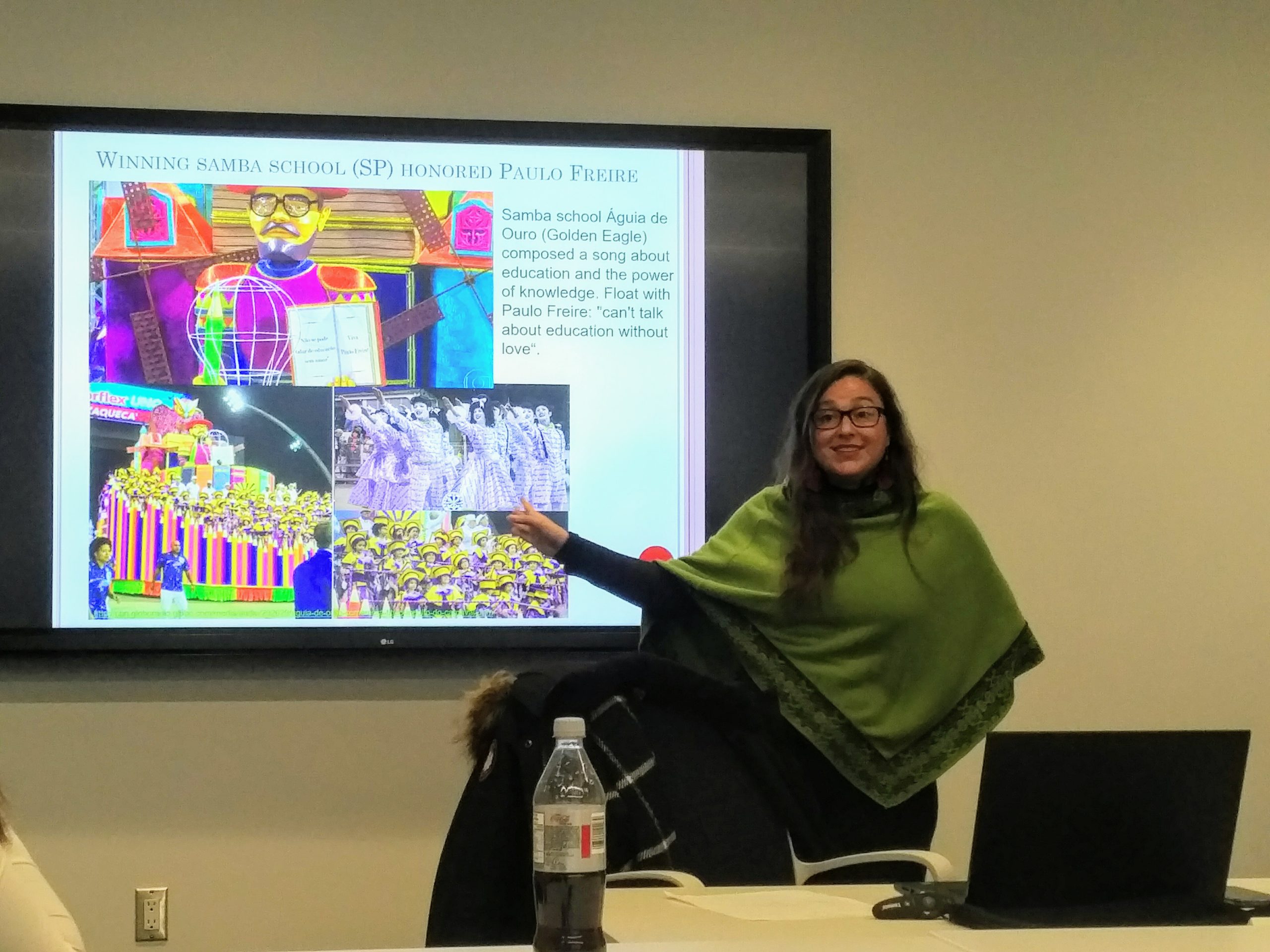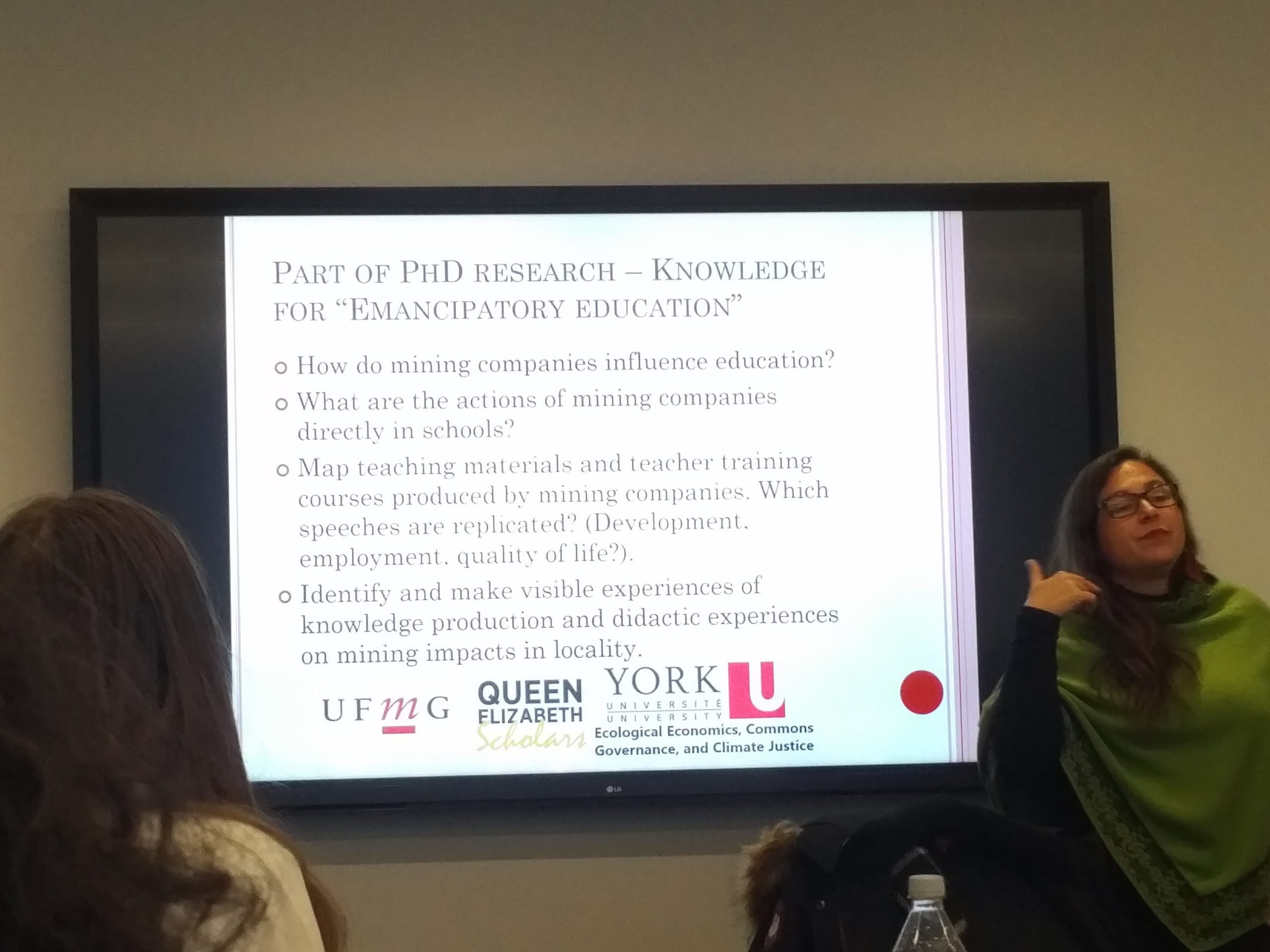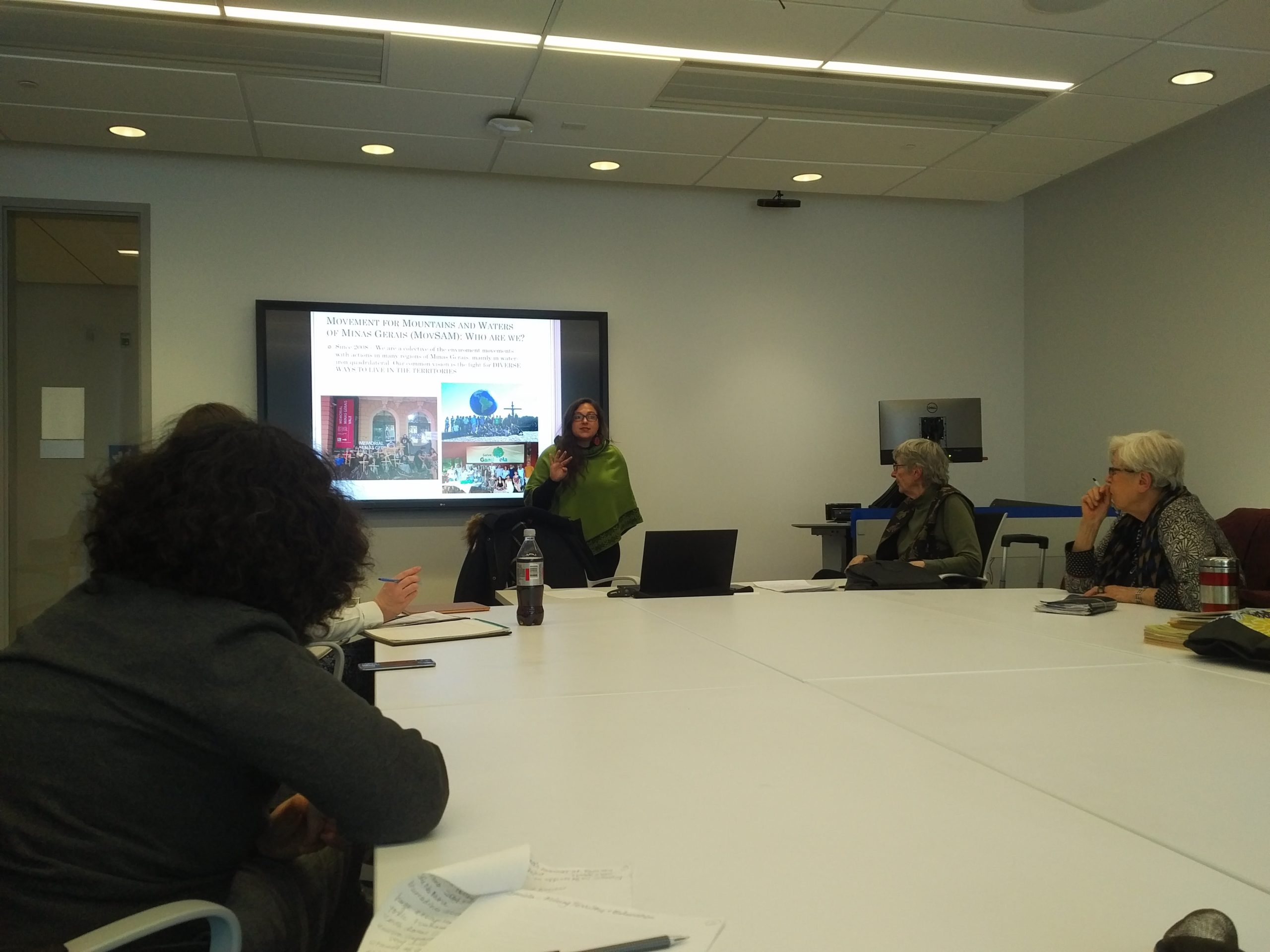Project by Daniela Campolina
Mining has several negative impacts, but one of the worst is its effect on the quality and the quantity of water available to nearby communities, thus creating water insecurity in those areas.
This project uses the definition of water security proposed by UN-Water, which states that: [Water Security is] “the capacity of a population to safeguard sustainable access to adequate quantities of acceptable quality water for sustaining livelihoods, human well-being, and socio-economic development, for ensuring protection against water-borne pollution and water-related disasters, and for preserving ecosystems in a climate of peace and political stability.”
Although worldwide the industrial sector is not the main consumer of water, but rather, agriculture and livestock (UNESCO, 2018), in different parts of the world - mainly Africa, Latin America and Central America - mining has significantly interfered with the quality and quantity of water. In this context, Canada and Brazil have similarities. Despite great water availability in both countries (Brazil has 12% of the total
freshwater in the world and Canada 7%), water is unevenly distributed and is mostly located in the northern regions, which are less populated. Therefore, in both countries, there are situations of abundance and scarcity. In the case of scarcity, there are several situations in which it is associated with poor water management, especially extractive activities. The different forms of mining, have compromised the
quality and/or quantity of water. In this context, knowledge about water availability, risks, and vulnerabilities, to which the population is exposed as a result of mining, is essential for scientific education.
This project will provide information and knowledge exchange about how mining has entered educational systems, their discourses, and strategies with schools. It will encourage the creation of education and training networks, as well as the exchange of experiences - including didactics - as it pertains to critical training and protection of rights, including the right to water and information.
This international collaborative research project involves different territories, creating and strengthening ties between schools, communities, universities, and NGOs, in addition to strengthening university research partnerships in Canada and Brazil.

Daniela at the Brazilian Studies Seminar at Ryerson University, Feb. 27, 2020

Daniela at the Brazilian Studies Seminar at Ryerson University, Feb. 27, 2020

Daniela at the Brazilian Studies Seminar at Ryerson University, Feb. 27, 2020

